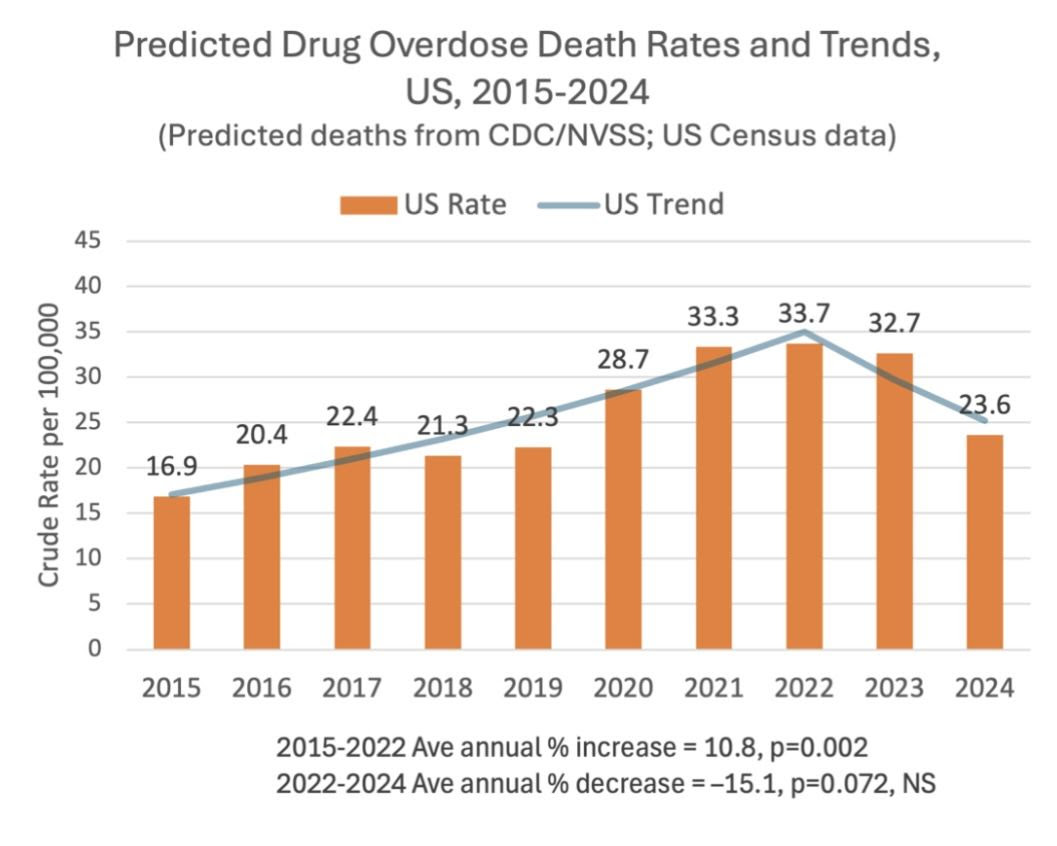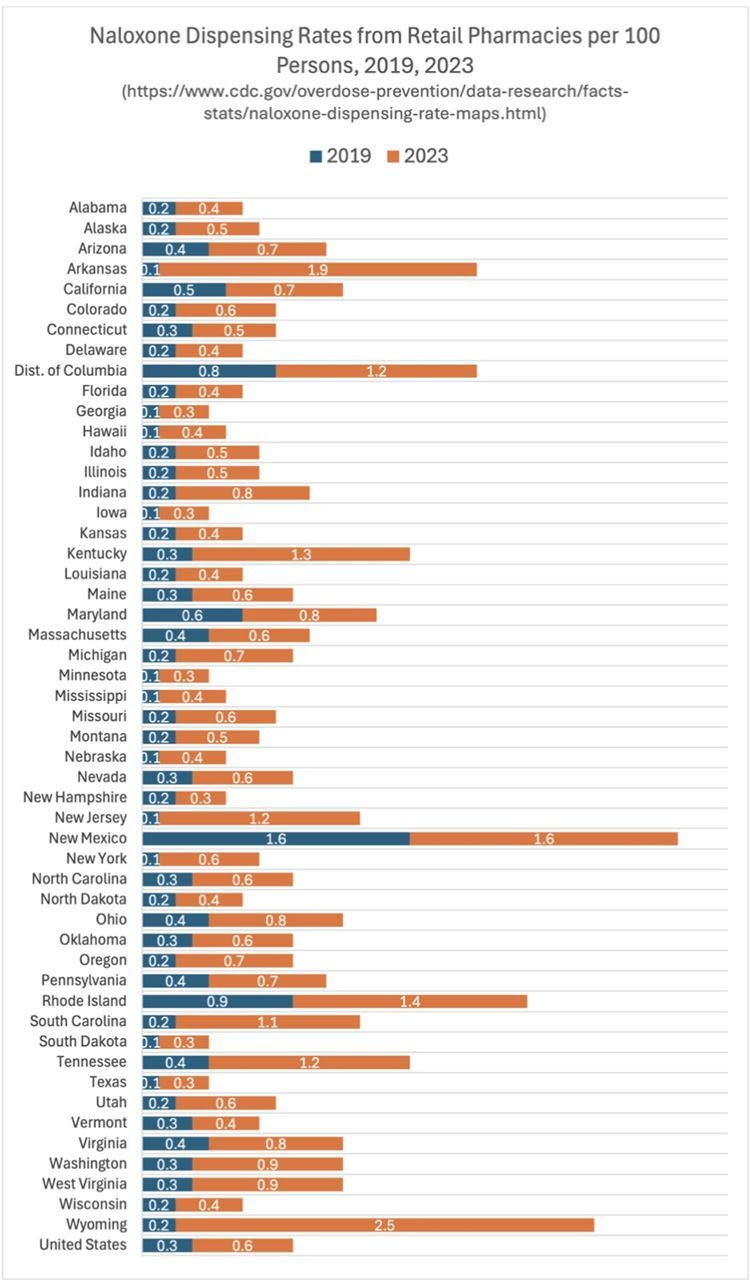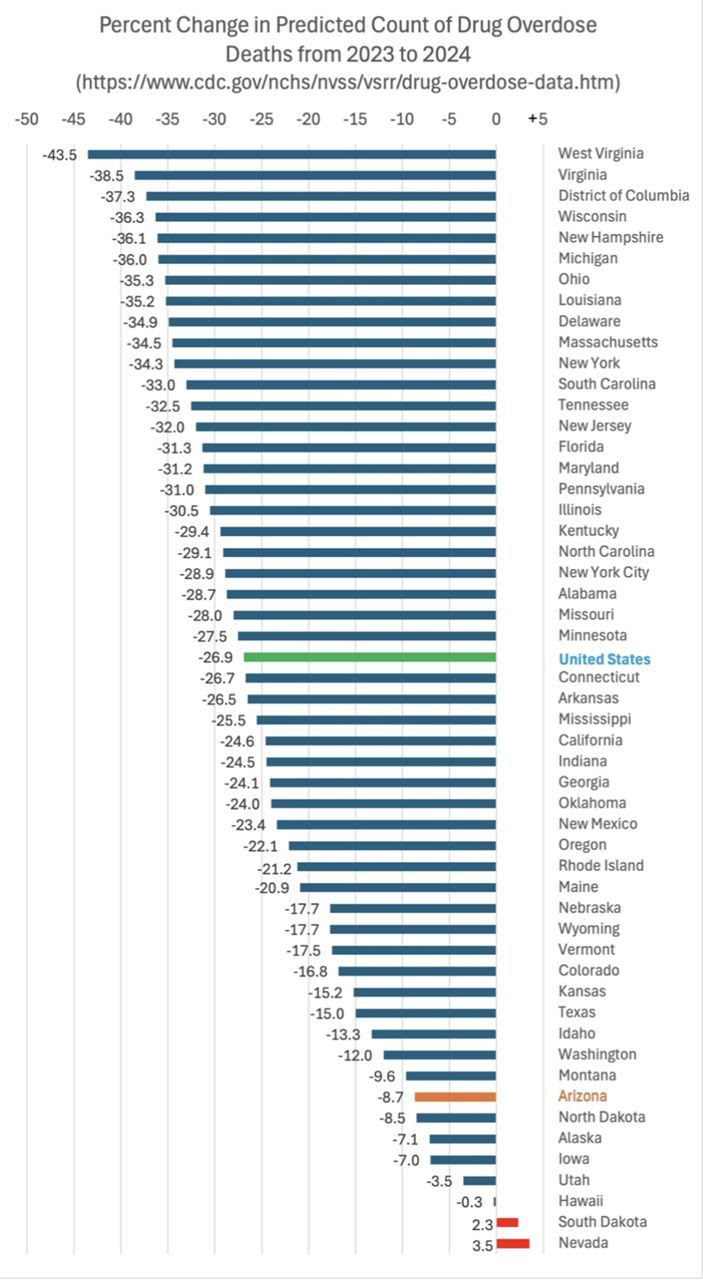In yet another damaging move, Kennedy eliminated CDC’s Office on Smoking and Health last week — threatening decades of progress in tobacco prevention and control even as tobacco smoking remains the number one preventable cause of death in the US.
The Office of Smoking and Health provides vital funding & technical assistance to every state in the country, supporting quitlines, public education campaigns, data collection, and policy development.
These efforts will go up in smoke now that Kennedy has thrown the program in the trash heap.
Lifesaving Programs to Prevent and Reduce Tobacco Use Go Up in Smoke
Tobacco remains the leading cause of preventable death in the United States, killing more than 480,000 people annually.
So much for Making America Healthy Again.










